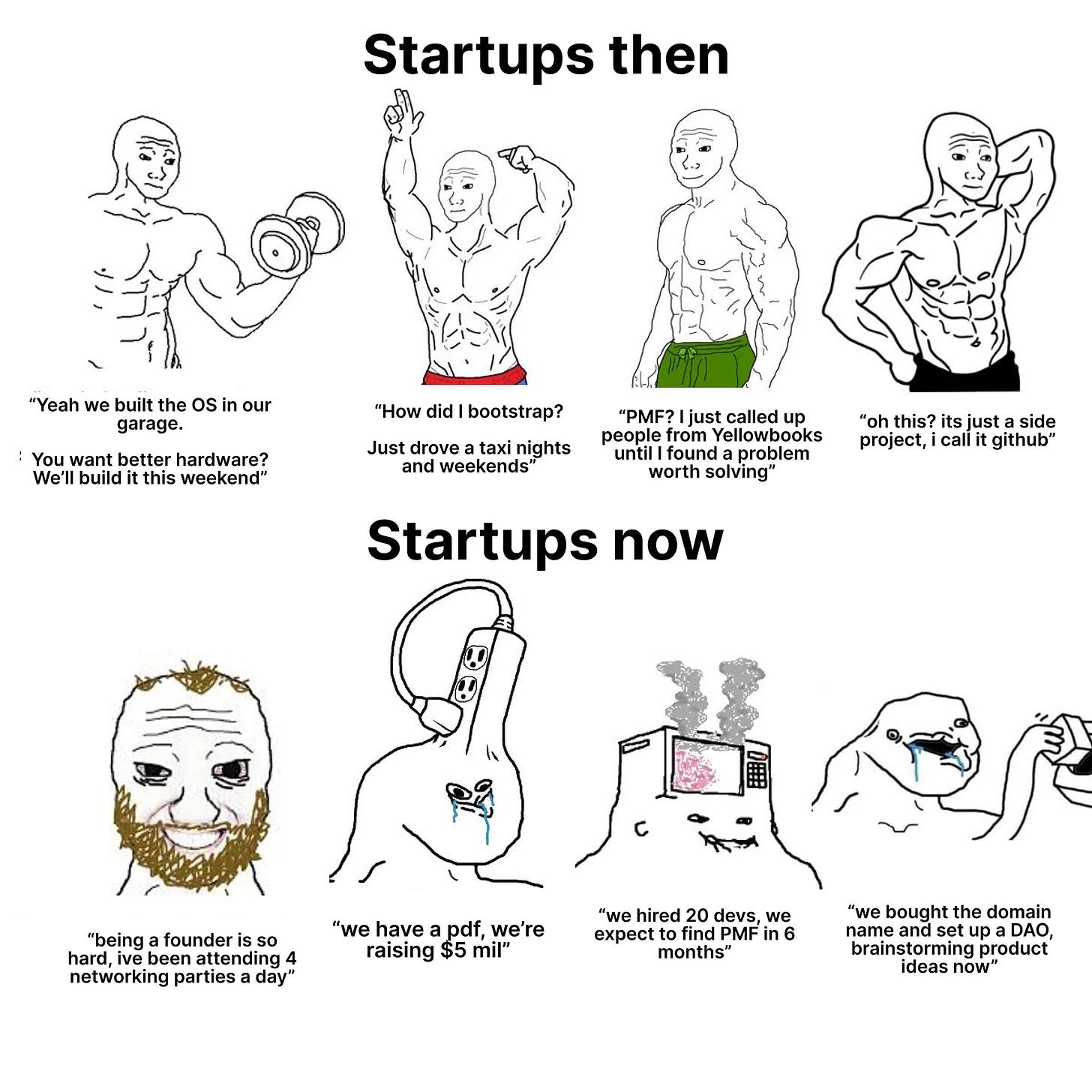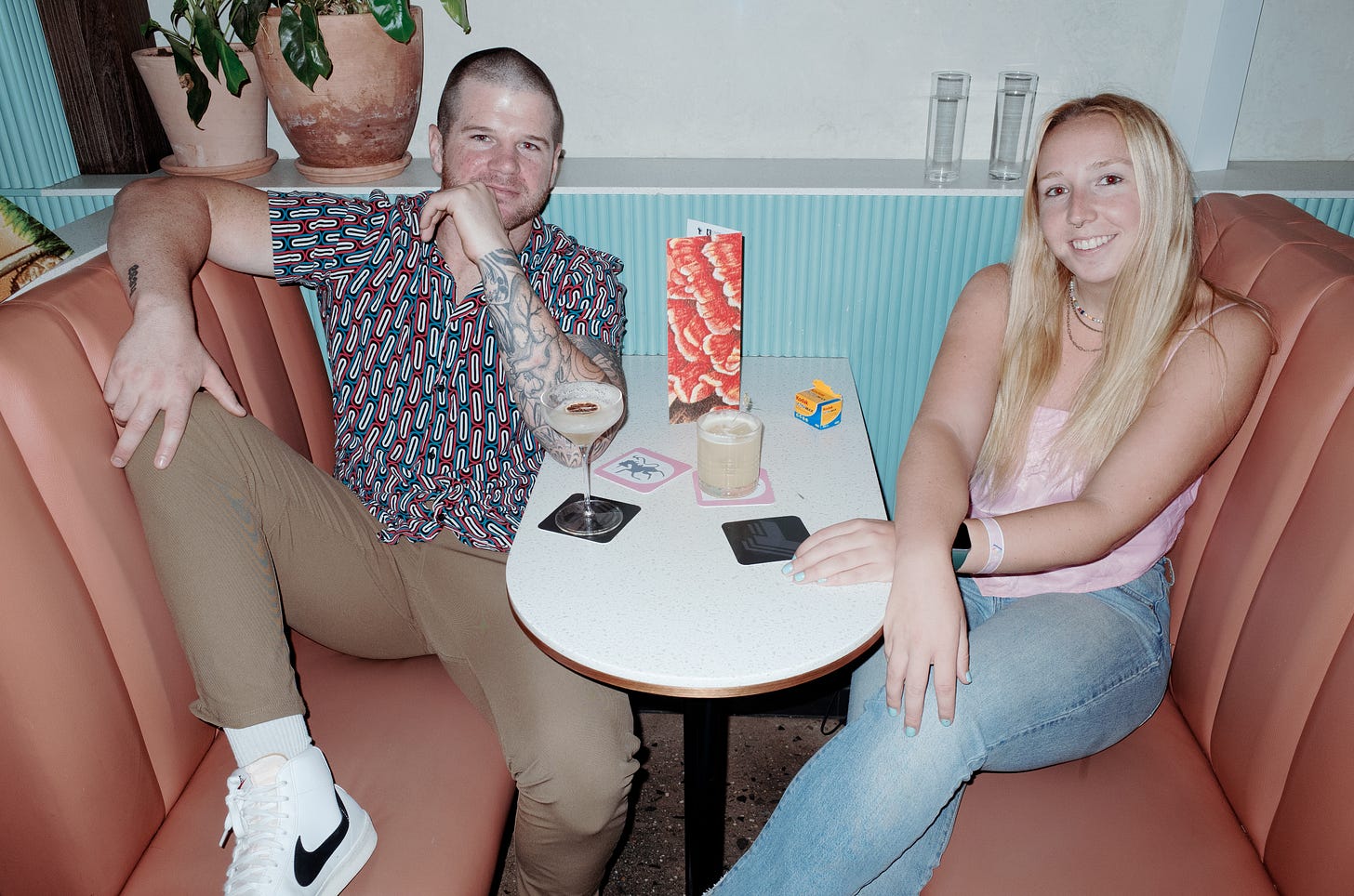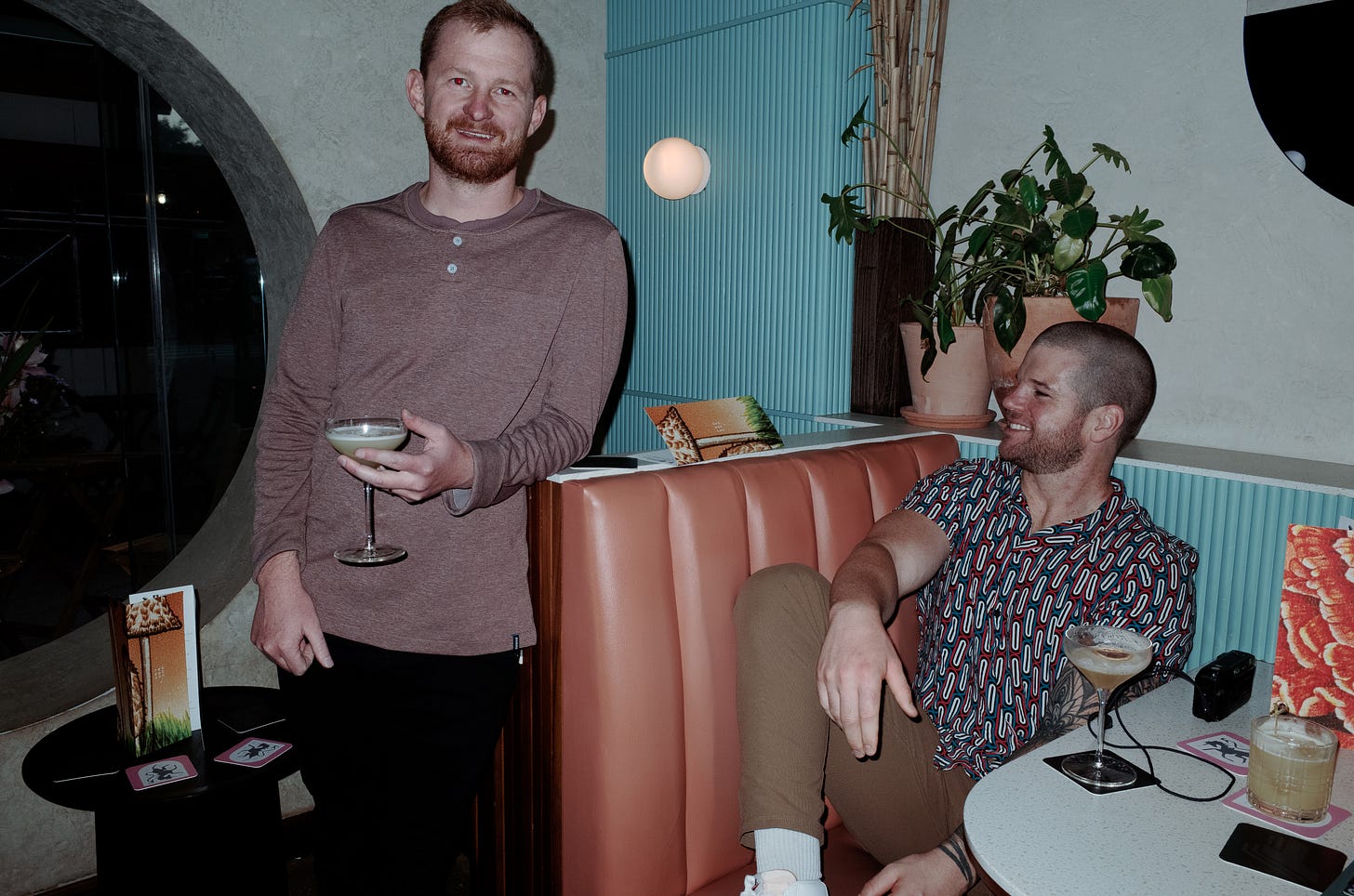when to fund public goods
the Tally newsletter, issue 115
welcome back to the Tally newsletter, your weekly source for DAO governance insights. i'm coolhorsegirl and i’m so happy to be here. 🟣
with public goods as hot a topic as ever, questions around their distribution are becoming increasingly important. we’re talking a look at Arbitrum and Optimism’s ways of funding public goods—pre (“incentives program) or post (“retro”) delivery.
coming off of the completion of the first round of the Security Council, Arbitrum is lively with a few proposals that fuel some fire in the protocol. fork chat in Nouns is still highly controversial; that’s not stopping people from dropping those proposals aimed at proliferating Nouns alongside boycotts and fork threshold changes. let’s get into it 👇
🤿 deep dive: when to fund public goods
since we talked public goods in issue 91 back in april, it hasn’t gotten any less hot. it's a direct challenge to the free-rider problem and offers some hope to the often cutthroat world of defi. with a few ways of funding public goods live from two of the biggest L2s in the space, it’s important we find the best ways of supporting their distribution.
Arbitrum is funding public goods before they’re built. others have done this, right: Gitcoin and Optimism’s grants program are some well-known examples. Arbitrum’s live vote on a short-incentives program would dole out up to 50 million ARB. the goal: to kickstart network growth and experiment with incentive grants. a bold move, indeed, especially when you can’t guarantee the output of grant awardees. but as they say, no risk, no reward.
Optimism is funding public goods after they’re built. their third round of retro public goods funding (RPGF) is distributing 30 million OP to contributions that have supported the development and adoption of Optimism in 4 categories. often, most nominees are awarded funding (this was 195 projects last round). but keep in mind, the amount of OP being distributed is growing alongside projects successfully proliferating Optimism (round 2 of RPGF distributed 10 million OP and round 1 1 million). it's a testament to the principle of "impact = profit" and a nod to those who've already shown their mettle.
while Arbitrum's approach feels like placing a bet on the future, Optimism's RetroPGF is a toast to past achievements. pre-funding can be the wind beneath the wings of new projects, giving them the gusto to soar. in contrast, retro-funding is a pat on the back, a "we see you and appreciate you" to those who've already put in the work. different types of grants may work for different types of applicants; if you need funding upfront to even begin a project, you’d want something like Arbitrum’s short-term incentives; if you can bootstrap, you may make more money in RPGF once you’ve proven your project’s worth.
it’s not clear whether public goods funding is the most efficient when distributed before or after a product is built, and even Arbitrum declared its incentives program an experiment. whenever public goods are funded, the ethos is clear: enrich the ecosystem, and the ecosystem will enrich you.
⌛️ onchain proposals
💙 Arbitrum
AIP: Building the Future of NFTs: The Rarible Protocol - Arbitrum Integration
summary: Rari Foundation seeks to merge the Rarible Protocol with Arbitrum One, enhancing the NFT ecosystem. this would promise some pretty sweet tools for NFT app development and a shared integration cost.
voting ends: october 2nd
AIP 9: Arbitrum Short-term Incentive Program
summary: the Arbitrum incentives working group proposes a one-time incentive distribution to active Arbitrum protocols. this move aims to boost the ecosystem and gather data for future programs, all set to run until january 31.
voting ends: october 9th
🟡 NounsDAO
Summary: "Public Good Beer" wants to take Nouns to the masses with a cc0 beer brand. after a successful self-funded phase, they're eyeing global expansion, Brazilian marketing, and even dabbling in BBQ sauces and sunscreen.
Voting ends: september 30th
summary: if you’re pro-fork, you could get even more stoked if this passes. Krel.eth suggests cutting the fork threshold in half and halving the fork period. the intent: more alignment, competition among arbitrageurs, and efficient governance.
voting ends: october 2nd
Call for a Public Boycott on Nouns Auctions * URGENT * (#002)
summary: Noun auctions are plummeting (50% discount post-fork!), and some Nouns are sounding the alarm. the call to action? a resignation from Noun 4156 and a boycott until it happens.
voting ends: october 2nd
📝 what we’re reading & listening to
📄 Web3’s New Media Platforms: How This Female-Led Venture Dominated The Segment by maria paula fernandez
Boys Club is going pro! they’re exploring consumer crypto alongside other web3 media companies like Poolsuite and Zine. culture x blockchain: execution of the possibilities is just beginning.
the first trustless, totally onchain, election of multisig members is happening! round 1 of Arbitrum Security Council elections is over. you can read more about why you should care about a Security Council, and decentralized elections of it, in this piece.
🐦 Machiavellian DAOs by miles jennings
thread on what a machiavellian DAO is and why it matters. it’s cool applying these renaissance philosophies to web3 ideas because they translate incredibly well.
💫 DAO talk: live from new york, it’s DAO talk || DT weekly ep. 56
🤭 meme of the week
Messari mainnet in NYC was a blast! The next event we’ll see you at is devconnect in istanbul in november. also, Arbitrum Security Council round 1 has concluded with 24 candidates meeting the vote threshold—now, a 2-week compliance check before we begin round 2.
~ coolhorsegirl 🐴
p.s.- some more IRL pics of the Tally GTM team from NYC, from Dennison’s camera. the soju cocktails went extremely hard.





